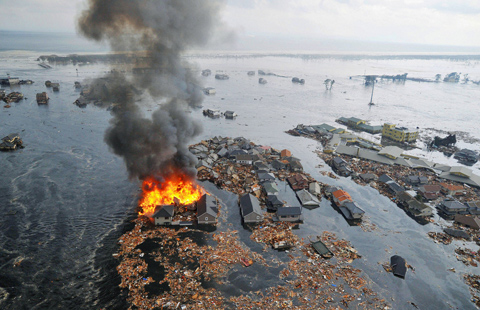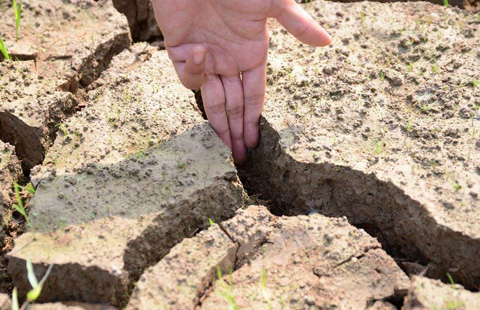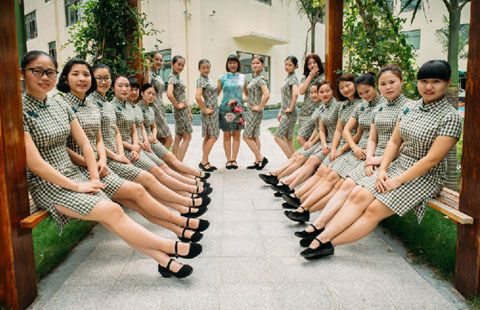Cementing the future for sustained growth
Updated: 2015-04-28 09:20
By Zhong Nan(China Daily)
|
|||||||||
With the development of the 21st Century Maritime Silk Road, Wang said it would also be faster and efficient to transport machinery and construction materials to Africa through specialized carriers and multipurpose vessels operated by COSCO Shipping, a subsidiary of China Ocean Shipping (Group) Co.
NHI made its African foray in 2012 when it started building a cement plant with a $70 million price tag for Habesha Cement Share Co, an Ethiopian company in Holeta, west of the capital in the Oromia region.
It helped train more than 340 local workers to manage, operate and maintain the plant. There are now 450 workers on site, of whom 70 are Chinese, and annual production capacity is expected to reach 1.4 million tons by September of this year. NHI now has sales and manufacturing facilities in 13 countries in Africa.
Once it starts production at full capacity, Habesha Cement will be the third-largest cement producer in Ethiopia after Mugher Cement and Messebo Cement, which produce 1.9 million tons and 1.7 million tons annually.
There are 11 companies with a combined annual production capacity of 5.4 million tons in the country. Total production of cement in Ethiopia is expected to reach 27 million tons in 2016, according to the government's draft economic plan.
"Many governments of sub-Saharan African countries, like Gabon and Cameroon, are short of cash and technology to establish a cement plant to support long-term infrastructure projects," Wang said.
Eager to grab more market share from other domestic rivals in Africa, NHI is discussing the possibility of building a wholly owned cement subsidiary in Chad and a joint venture cement factory in Angola this year.
Sun Fuquan, a researcher at the Chinese Academy of Science and Technology for Development in Beijing, said: "Even though this shift is still in the early stage, it will have profound economic implications for both sides, because it comes at a time when many African countries are counting on China to supply cement and carry out big construction projects. Since a slowdown in economic growth in China hit businesses such as cement, construction machinery, real estate and logistics, Chinese cement producers have become less dependent on the domestic market."
There are enough signals that these companies will seek to expand their footprint in markets along the "Belt and Road Initiative" routes, said Sun.

 International rescue teams head to quake-hit Nepal
International rescue teams head to quake-hit Nepal
 World's deadliest earthquakes since 1900s
World's deadliest earthquakes since 1900s
 Rescuers deliver relief supplies on foot
Rescuers deliver relief supplies on foot
 China brings trapped nationals home from quake-hit Nepal
China brings trapped nationals home from quake-hit Nepal
 Severe drought hits Southwest China
Severe drought hits Southwest China
 History razed in Nepal earthquake
History razed in Nepal earthquake
 'Chi-pao teachers' found in Guangdong
'Chi-pao teachers' found in Guangdong
 Tourists evacuated from Nepal quake area arrive in Kunming
Tourists evacuated from Nepal quake area arrive in Kunming
Most Viewed
Editor's Picks

|

|

|

|

|

|
Today's Top News
Nepalis wait for quake help as death toll passes 4,000
New US-Japan defense guidelines inject instability in East Asia
iPhone sales in China surge, boost Apple's profits
61 suspects back home to be tried
Chinese, Koreans seek Japan apology
China rescue team starts work
Three US citizens among dead in avalanche after Nepal quake
Chinese rally across US to support NYC police officer under indictment
US Weekly

|

|







